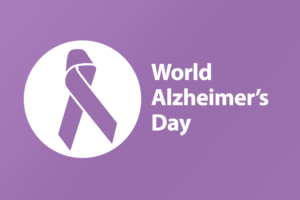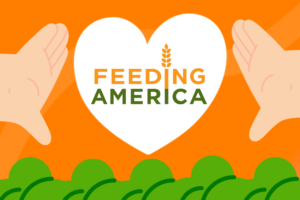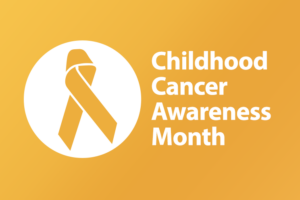Sarah Ford | October 30, 2014
Americans who are more generous live healthier, more fulfilling lives. It’s science.
By Christian Smith and Hilary Davidson
Generosity is paradoxical. Those who give, receive back in turn. By spending ourselves for others’ well-being, we enhance our own. In letting go of some of what we own, we better secure our own lives. By giving ourselves away, we ourselves move toward greater flourishing. This is not only a philosophical or religious teaching, it is a sociological fact.
The generosity paradox can also be stated in the negative. By grasping onto what we currently have, we lose out on better goods that we might have gained. In keeping to ourselves what we possess, we diminish its long-term value to us. By always protecting ourselves against future uncertainties and misfortunes, we are formed in ways that make us more anxious about uncertainties and vulnerable to future misfortunes. In short, by failing to care for others, we do not properly take care of ourselves. It is no coincidence that the word “miser” is etymologically related to the word “miserable.”
This paradox of generosity should not be surprising.

Get Resources and Insights Straight To Your Inbox
Explore More Articles
Get Resources and Insights Straight To Your Inbox
Receive our monthly/bi-monthly newsletter filled with information about causes, nonprofit impact, and topics important for corporate social responsibility and employee engagement professionals, including disaster response, workplace giving, matching gifts, employee assistance funds, volunteering, scholarship award program management, grantmaking, and other philanthropic initiatives.




